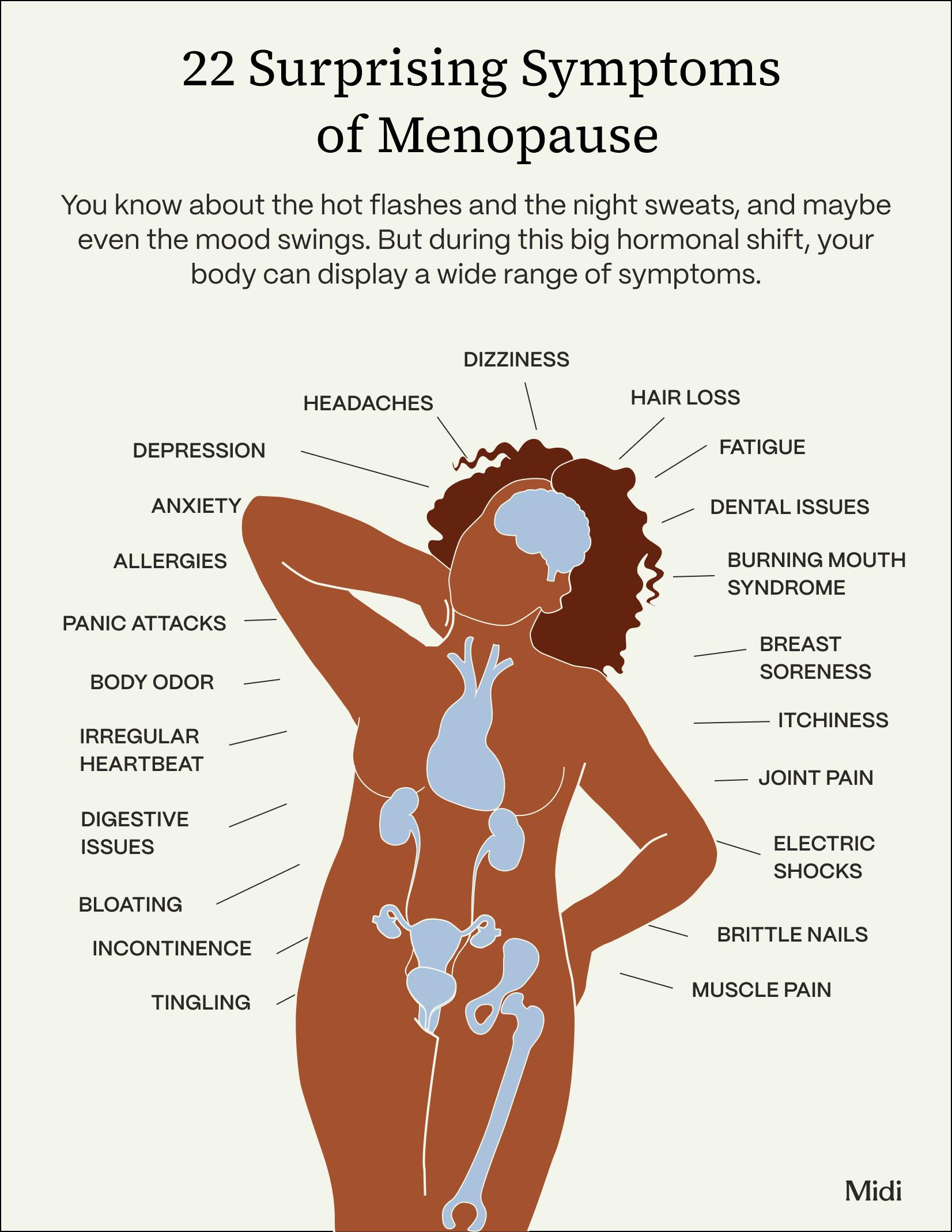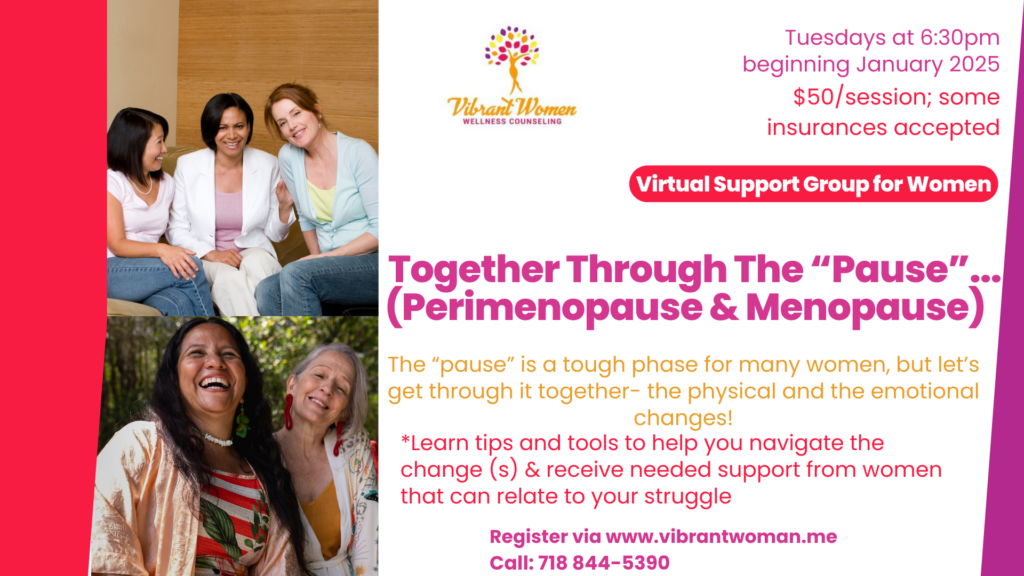How to cope with perimenopause symptoms

How to Cope with Perimenopause Symptoms
Perimenopause is a natural transition that many women experience in their 40s and early 50s, marking the period leading up to menopause. This phase can bring about various physical and emotional symptoms that may significantly impact daily life. Understanding these symptoms and adopting effective coping strategies can help women navigate this challenging time with greater ease.

Understanding Perimenopause
What is Perimenopause?
Perimenopause is the transitional phase before menopause, typically beginning four years prior to the final menstrual period. During this time, hormonal fluctuations occur as the body prepares for the end of menstruation. This period can last several years and is characterized by a range of symptoms due to changes in estrogen and progesterone levels.
Common Symptoms
Women may experience a variety of symptoms during perimenopause, including:
-
Hot Flashes: Sudden feelings of heat that can cause sweating.
-
Night Sweats: Hot flashes that occur during sleep, often disrupting rest.
-
Irregular Periods: Changes in menstrual cycle frequency and flow.
-
Mood Swings: Emotional fluctuations, including irritability, anxiety, and depression.
-
Sleep Disturbances: Difficulty falling asleep or staying asleep due to night sweats or anxiety.
-
Vaginal Dryness: Discomfort during intercourse due to reduced lubrication.
-
Fatigue: Persistent tiredness that can affect daily activities.
-
Memory Issues: Difficulty concentrating or experiencing “brain fog.”
These symptoms can vary in intensity and duration, with some women experiencing mild discomfort while others may find them debilitating .2 .9 .12.
Coping Strategies
1. Lifestyle Modifications
Making positive lifestyle changes can significantly alleviate perimenopausal symptoms:
-
Balanced Diet: Focus on a heart-healthy diet rich in fruits, vegetables, whole grains, lean proteins, and healthy fats. Foods high in phytoestrogens (like soy) may help balance hormones.
-
Regular Exercise: Aim for at least 150 minutes of moderate exercise weekly. Activities like walking, swimming, and yoga can improve mood and reduce hot flashes .4 .13.
-
Hydration: Stay well-hydrated to help manage symptoms like dryness and fatigue. Opt for water or non-caffeinated beverages .4.
-
Weight Management: Maintaining a healthy weight can help reduce the severity of hot flashes and other symptoms .9.
2. Sleep Hygiene
Improving sleep quality is crucial for managing fatigue:
-
Establish a Routine: Go to bed and wake up at the same time each day to regulate your sleep cycle.
-
Create a Comfortable Sleep Environment: Keep your bedroom cool, use breathable bedding, and consider moisture-wicking pajamas .2 .4.
-
Limit Stimulants: Avoid caffeine and heavy meals close to bedtime to promote better sleep.
3. Stress Management
Stress can exacerbate perimenopausal symptoms:
-
Relaxation Techniques: Incorporate practices such as meditation, deep breathing exercises, or yoga into your daily routine to reduce stress levels .4 .10.
-
Cognitive Behavioral Therapy (CBT): Consider talking therapies like CBT to help manage mood swings and anxiety .4 .12.
4. Medical Interventions
If lifestyle changes are insufficient, consult a healthcare provider about possible medical treatments:
-
Hormone Replacement Therapy (HRT): HRT can effectively alleviate many perimenopausal symptoms but should be discussed thoroughly with a healthcare provider regarding risks and benefits .12.
-
Non-Hormonal Medications: Options like certain antidepressants or medications specifically for hot flashes may be recommended .9.
-
Vaginal Moisturizers/Lubricants: Over-the-counter products can help relieve vaginal dryness during intercourse .13.
Support Systems
1. Community Support
Connecting with others going through similar experiences can provide emotional relief:
-
Support Groups: Look for local or online support groups for women experiencing perimenopause. Sharing experiences can foster understanding and provide coping strategies.
2. Educational Resources
Staying informed about perimenopause can empower women to manage their symptoms effectively:
-
Workshops/Seminars: Attend educational sessions on women’s health topics related to menopause.
-
Reading Materials: Utilize reputable sources such as health organizations’ websites or books focused on women’s health during this transition .11.
Conclusion
Coping with perimenopause requires a multifaceted approach that includes lifestyle changes, stress management techniques, medical interventions when necessary, and building a supportive community. By understanding the symptoms and implementing effective coping strategies, women aged 40-55 can navigate this natural transition more comfortably and maintain their quality of life. Remember that each woman’s experience is unique; therefore, it’s essential to find what works best for you individually while seeking support from healthcare professionals when needed.











